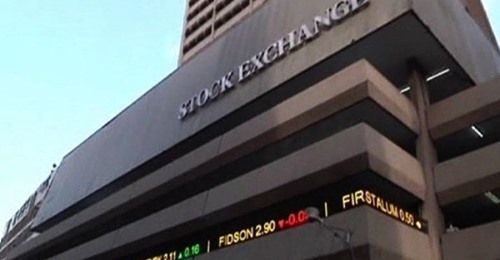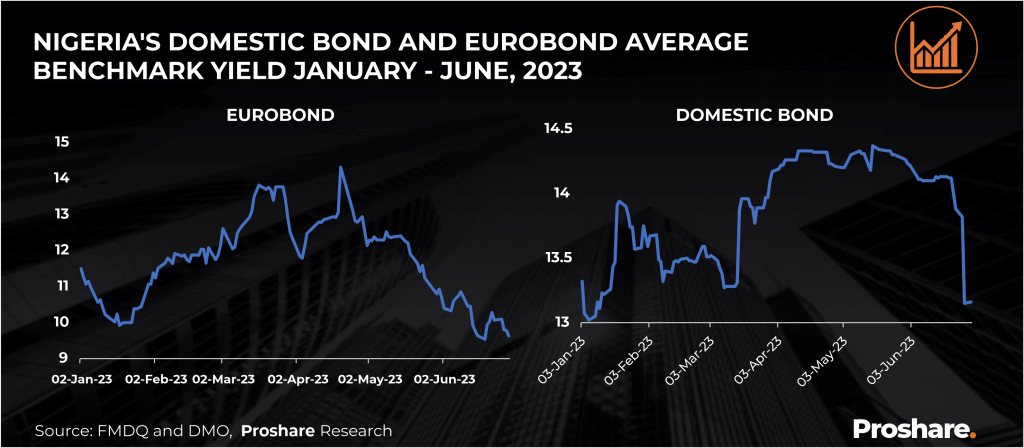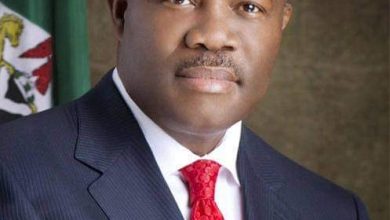Nigeria’s Bond Market Turns Bullish in H1 2023 as Fiscal Reforms Attract Investors.

The economic reform by the new administration aided the bond market performance in H1 2023. The domestic bond market started the year with a bearish tone as yields maintained an upward trend, driven by higher inflation expectations, credit rating downgrade, and debt sustainability concerns pertaining to Ways & Means Securitization. Subsequently, the naira redesign policy diluted the selloff sentiments as banks with excess liquidity invested in risk-free instruments in February and March. By Q2 2023, investors began to exit the market given the worsening negative real return, the average yield rose to a peak of 14.37% as of May 16, 2023. Analysts spotted a consistent decline in the average yield since the inauguration of the new President from 14.27% on May 30, 2023, to 13.16% as of June 30, 2023. The average yield for the Domestic bond (YTD) dropped by 113bps to 13.16% as of June 30, 2023. The buoyant system liquidity during the period strengthened large subscriptions for PMAs held.
Relatedly, the Eurobond average yield compressed by 1582bps to 9.63% on June 29, 20233 from 11.44% on December 29, 2022, as demand improved at the tail end of May to June 30, 2023. The market witnessed significant selloffs In March, April, and May, slightly like the domestic market, driven by the Fed hike and credit rating downgrade. Analysts expect the moderation in average yield to persist in July as foreign investors continue to play safe in expectation of new reforms, albeit for H2 2023, we expect the average yield to slope upward as FPIs seek attractive yields to cushion the inflationary impact of fuel & exchange subsidy removal (see chart 1 below).
Chart 1:







